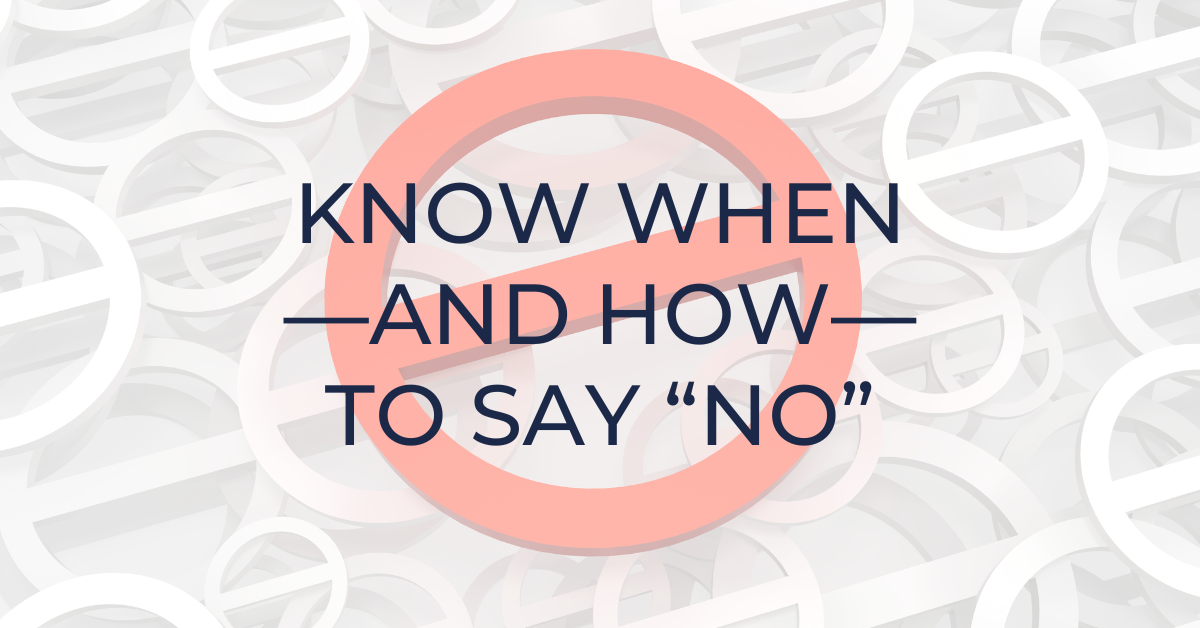Notary Public Underwriters Blog
Know When—and How—to Say “No”
- Details
- Published: October 28, 2024

Notaries provide others the essential services necessary to complete certain document transactions. The public’s general expectation is if they simply ask, a notary will perform a notarization concerning whatever document is presented.
State notary laws and administrative rules, however, prohibit notarization under certain circumstances. When those circumstances are present, a notary has no choice… the notarization must be refused.
Some of the most common circumstances that compel a notary to refuse to notarize include:
- The individual whose signature requires notarization is not personally present before the notary.
- The individual is not personally known to the notary, and lacks any form of identification that is acceptable under the notary’s state laws and regulations.
- The notary’s state laws or regulations prohibit the notary from notarizing for specific types of principal signers… for example, certain states forbid a notary from notarizing for a close relative such as a parent, spouse, or child.
- The notary has a “beneficial” interest (a particular perk or benefit, non-monetary, that will result from the document transaction) or a financial interest* in the document transaction.
- *A notary’s ability to charge a statutory fee for performing a notarial act does not create a “financial interest” as discussed in this article.
- The document presented for notarization is incomplete (significant blanks, or missing pages).
- The notarial act to be performed is not authorized in the notary’s state of commission (for example, a “signature witnessing” notarial act is not authorized in all states).
- The principal signer is present, but does not appear to have basic mental capacity and/or understanding of the document’s contents.
- The notary believes the principal is being improperly pressured to sign.
A refusal to notarize should be spoken as plainly as possible, and should state the reason for refusing. For example: “I’m sorry, but I cannot notarize at this time because I don’t personally know you and you do not have an ID document my state allows me to accept.”
Offer to notarize at another time, if the principal can address the problem that required refusing to notarize. Clarify that all requirements of notarization must, again, be met. Often, a principal will return to the same notary on the same day, having corrected the problem that earlier prevented notarization.
Watch our YouTube video:
Related Article(s)
Can I Notarize When the Person Has No ID?
Does a Notary Need to See the Entire Document When Notarizing?
Can I Notarize a Document That Is Already Signed?
How to Assess Signer Awareness or Coercion
Should the Date on the Notarial Certificate Match the Date That the Notarized Document Was Signed?
What Should I Do When There's No Room for My Notary Stamp?
How to Notarize Signatures on Handwritten Documents
Can I Notarize a Document in a Language I Don’t Know?
Can a Notary Change a Document’s Date?

